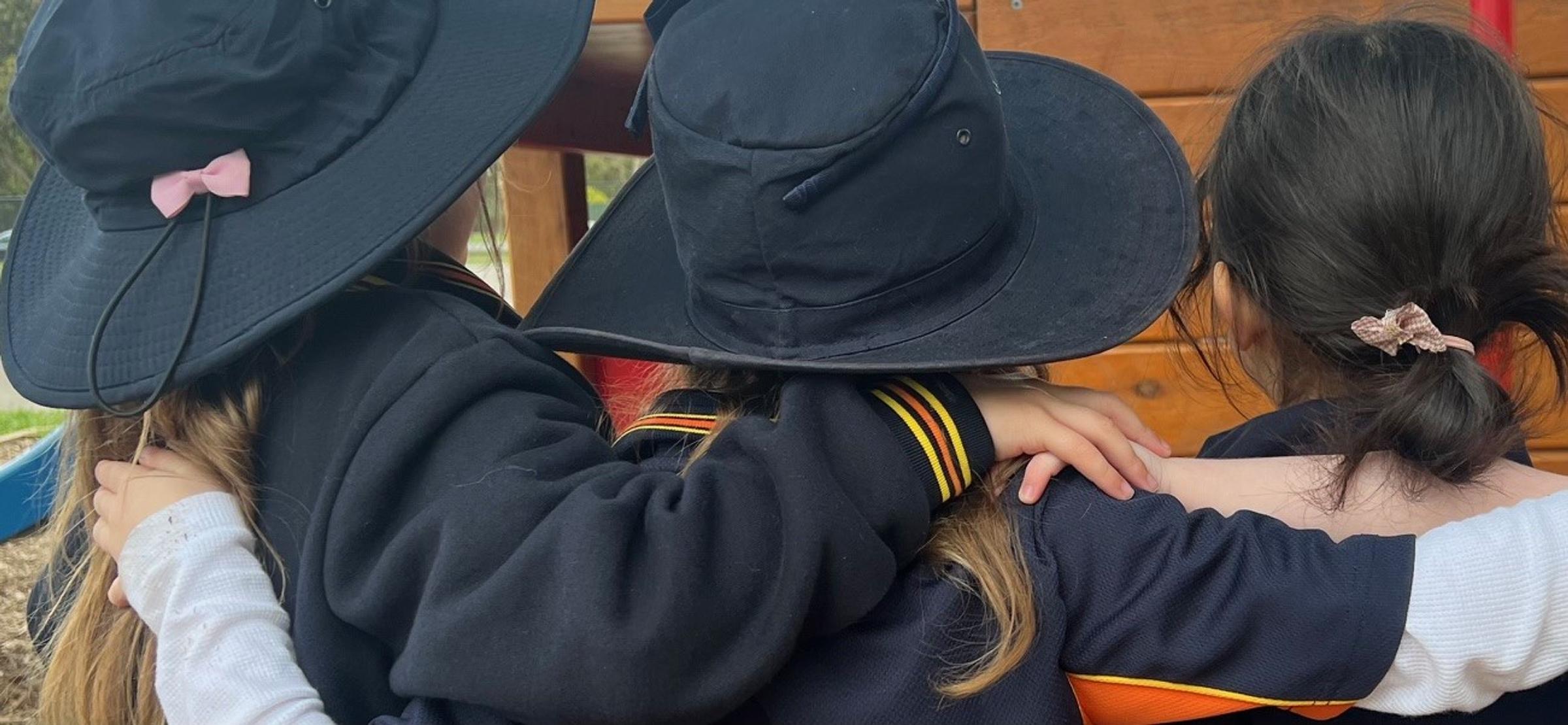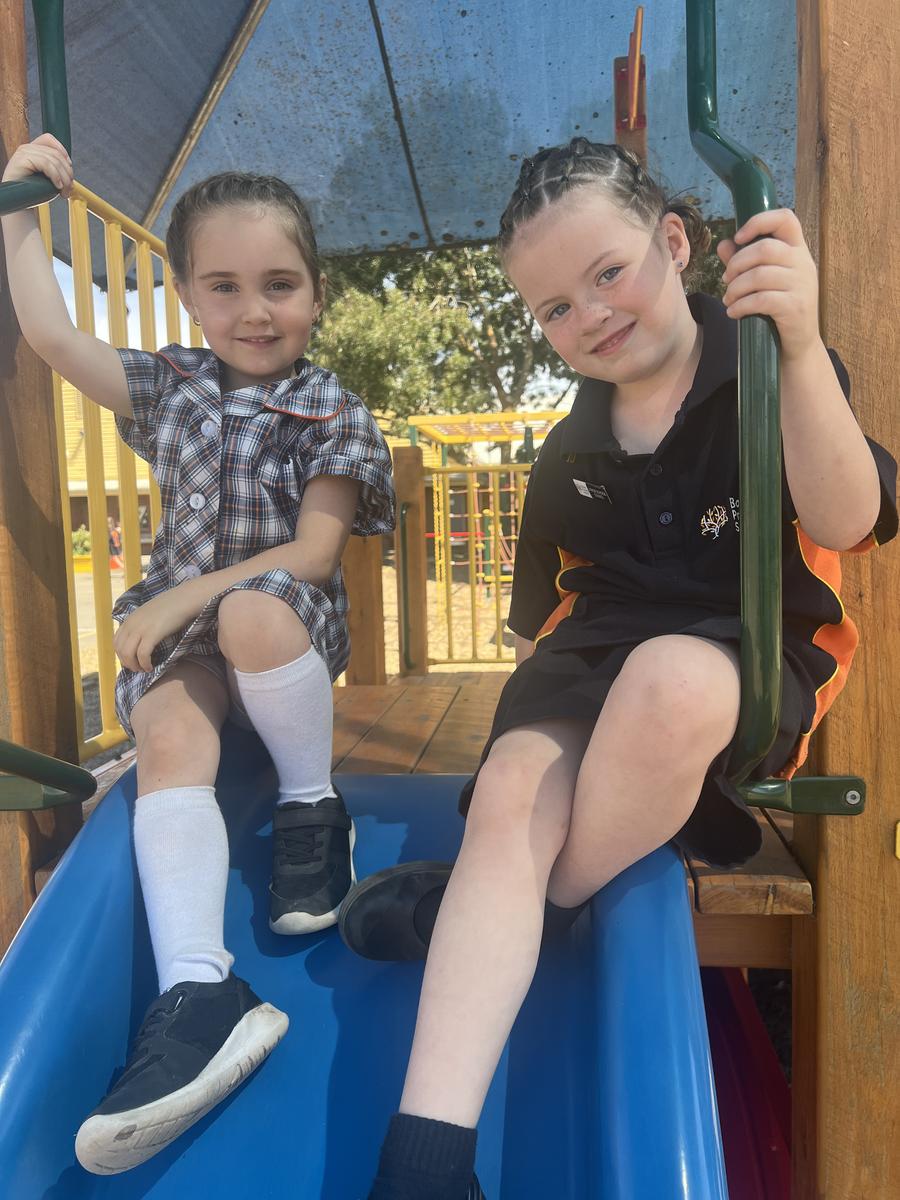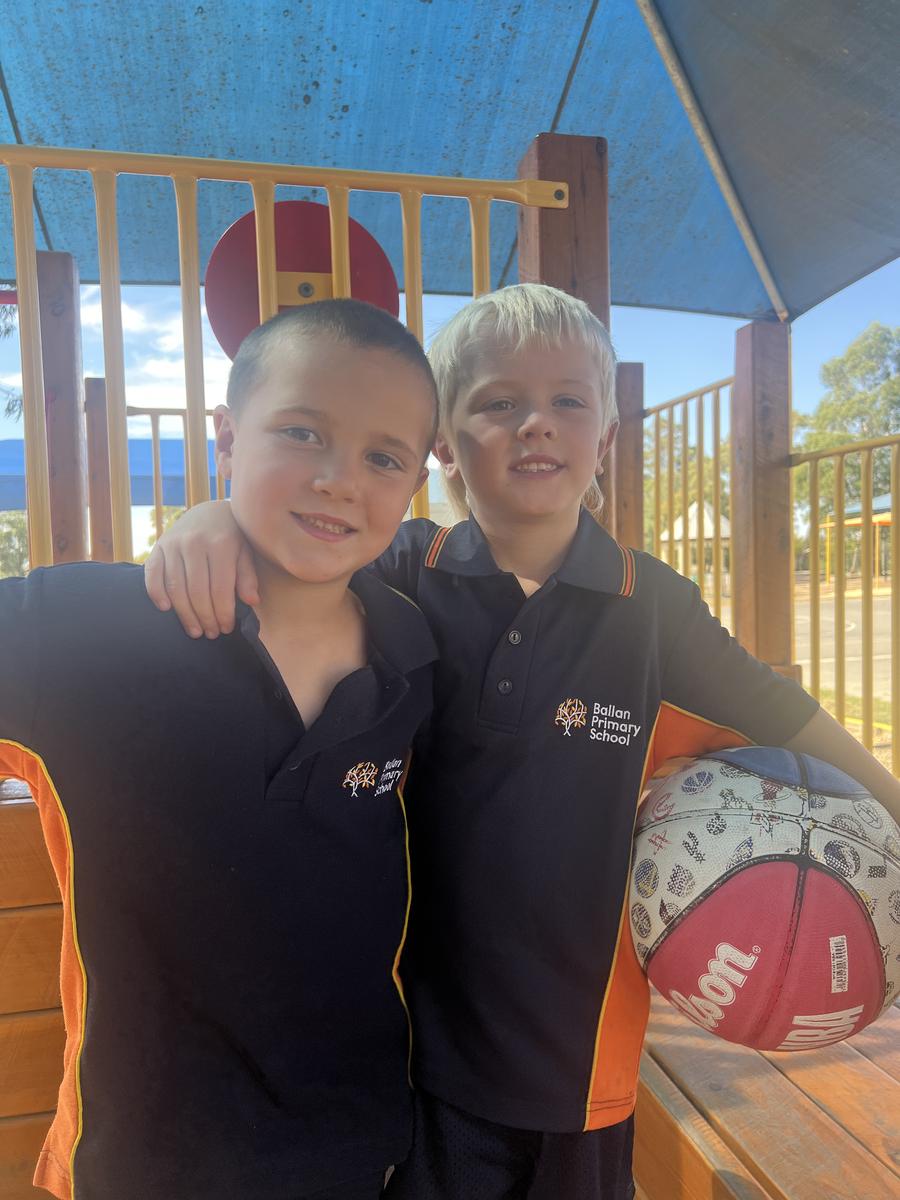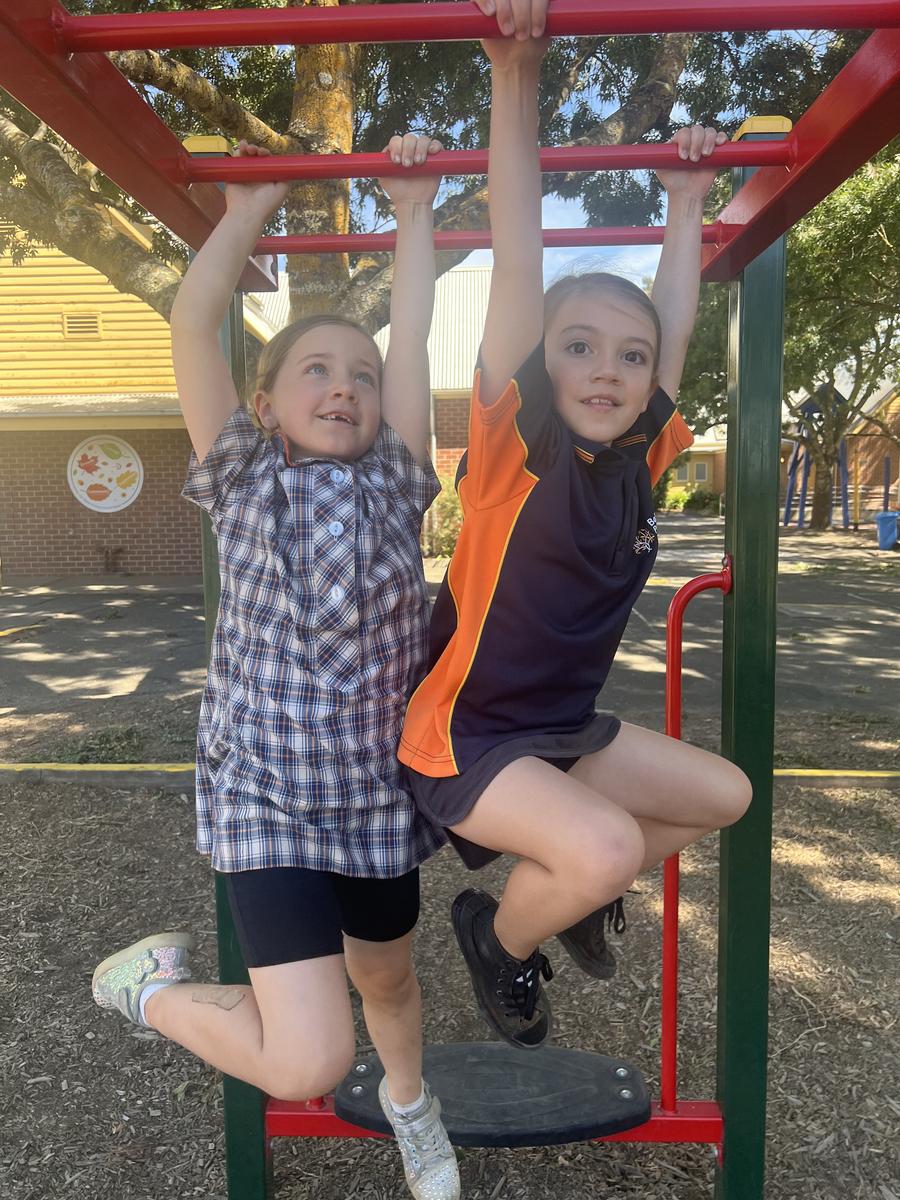Wellbeing
Mrs Mauriks

Wellbeing
Mrs Mauriks










Supporting Your Child Through Changing Friendships This School Year
As we reach the halfway point of Term 1, some of the exciting changes from the start of the year may not be so exciting now. This period of change can impact students in many ways, but in particular is has an effect on their friendships. Friendships may shift, and kids may feel the stress of not having certain friends in their classes or become confused by changes in how their friends behave.
How can parents help their children navigate these friendship shifts? Let's explore ways you can support your child during this transition.
Why Friendships Matter
Research shows that friendships are vital for a child’s mental health and overall well-being. Good friends are linked to better school attendance, stronger academic performance, and a happier mindset. Your involvement as a parent plays a key role in helping your child form and maintain these meaningful connections.
Studies suggest that there are three main ways parents can help their children make and keep friends:
Listen and Empathize
The first step in supporting your child is to listen actively. When your child comes to you with a problem or conflict, start by acknowledging their feelings. Reflect what they are saying, showing that you understand their emotions. For instance, you might say, "It sounds like you feel upset because Aimee wants to hang out with kids in her new class." This can help your child feel heard and understood.
For older children and teens, you can check if they want your help to work through the issue. Sometimes, just being there to listen is enough.
Coaching Through Solutions
After listening, you can help your child think about what might be going on. If your child is concerned that a friend doesn’t like them anymore, you could gently encourage them to consider other possibilities—perhaps the friend is simply adjusting to a new situation.
Once your child understands the situation better, guide them in brainstorming possible solutions. For example, they might decide to reach out to their friend outside of school for a weekend playdate, or they may want to check in with their friend later on to see how things go.
This approach is effective because it allows children to think critically and come up with their own solutions, which they’re more likely to act upon.
Helping Friendships Flourish
Friendship groups often change over time. It’s normal for children to outgrow some friendships as they develop new interests. If your child is feeling disconnected from old friends, help them stay in touch through activities outside school, such as a weekend sleepover or attending a shared extracurricular activity.
When to Seek Further Help
If your child’s friendship issues are significantly affecting their mental health, it may be helpful to seek additional support from a professional. Start by talking to your GP, who may refer you to a psychologist, or consult with your child’s teacher, who can help foster peer connections through school activities.
Have a great week and take care everyone.
Róisín Mauriks
Learning Specialist - Inclusion